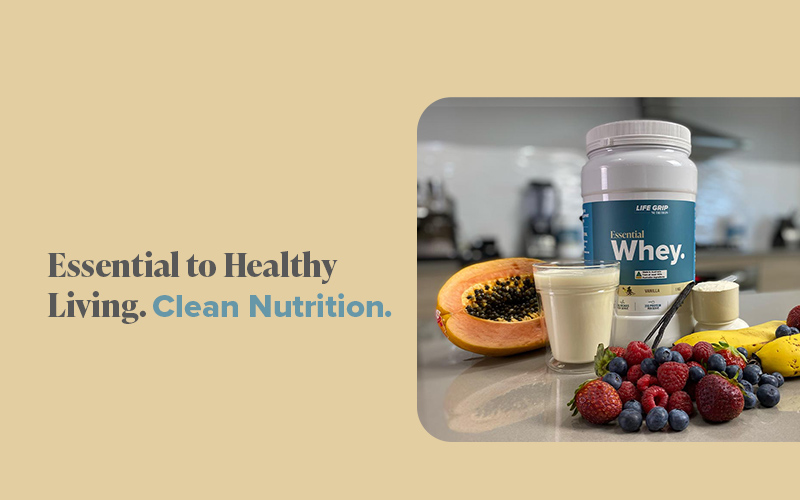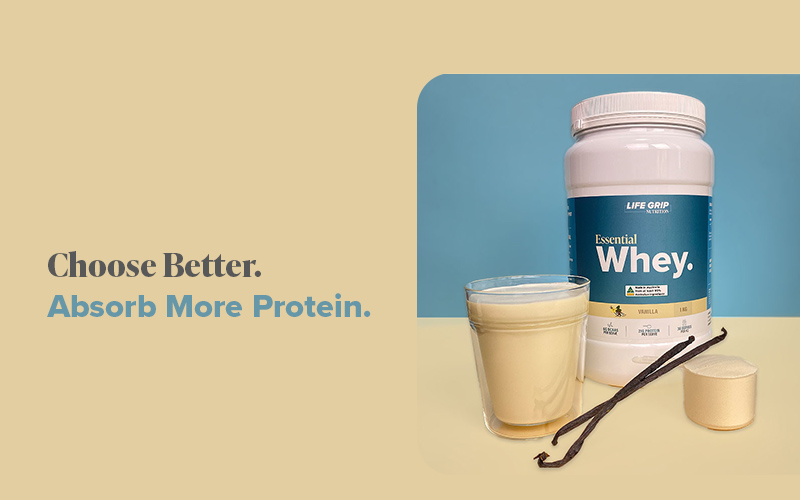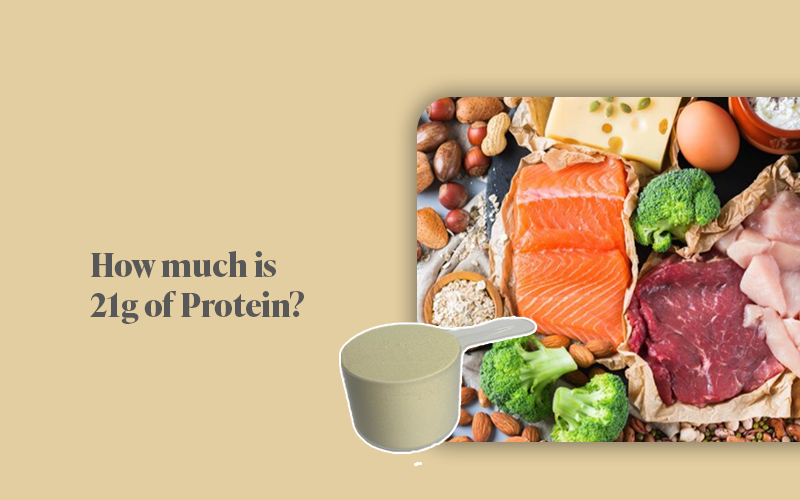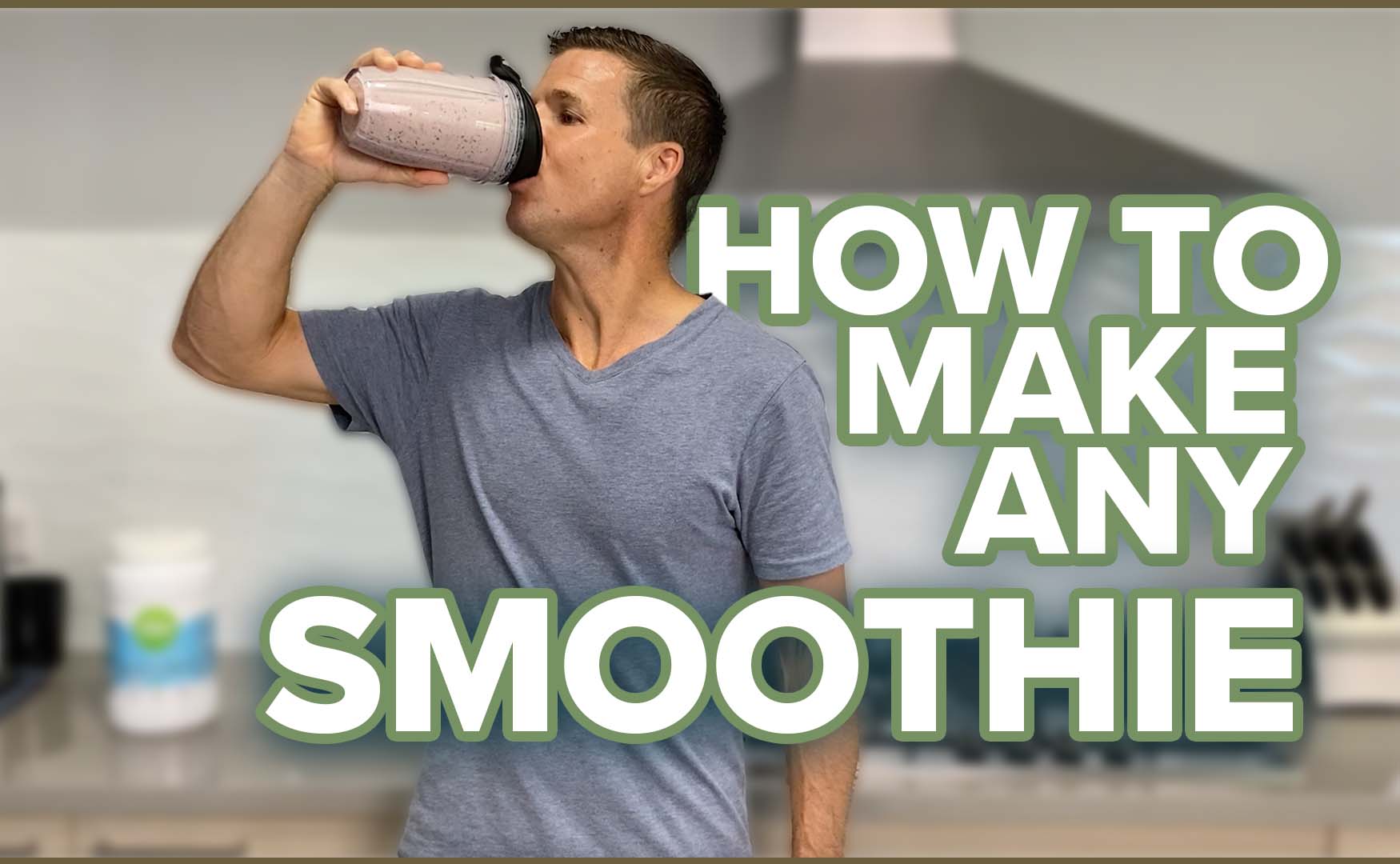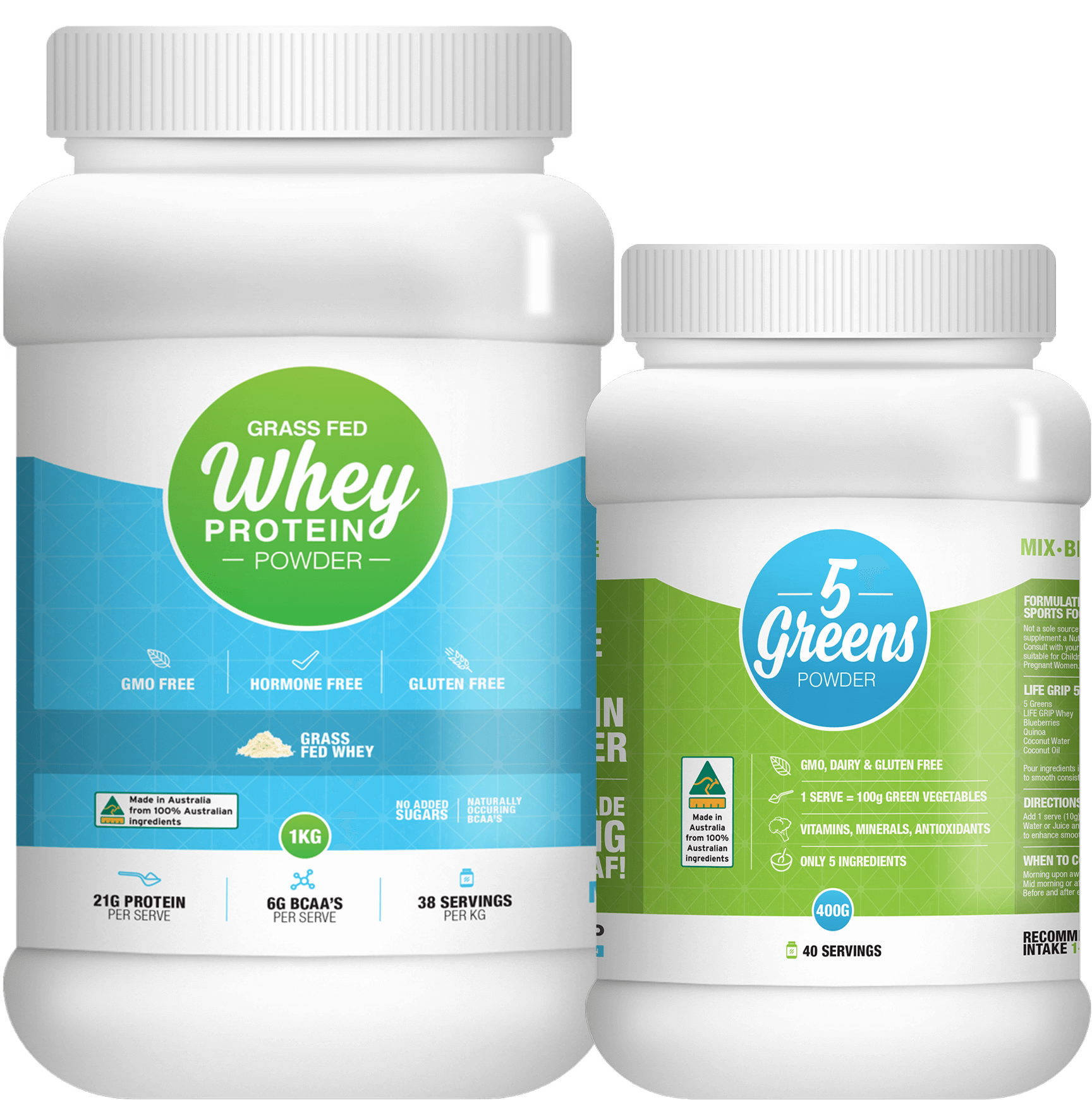sleep
supplements
vitamins
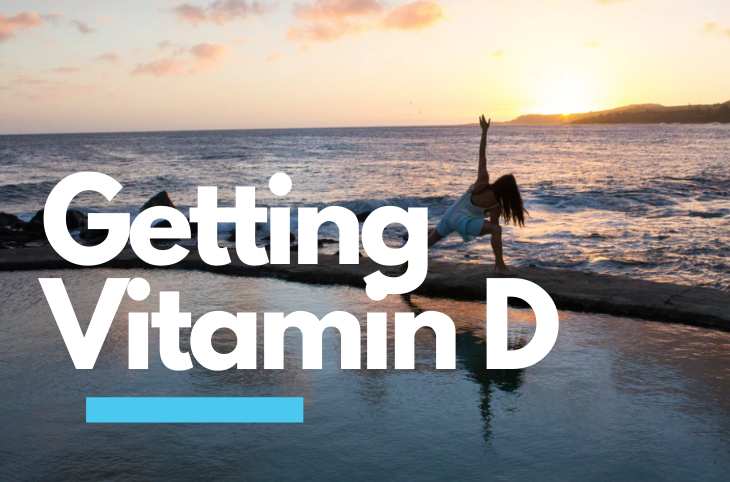
How Vitamin D Improves The Quality Of Your Life
How Can The Sun Improve The Quality Of Your Life?
The sun is an amazing energy source that we can soak up every single day. It helps us produce Vitamin D, it wakes us up in the morning and has a huge impact on Serotonin and Melatonin.
What Is Vitamin D?
A Fat Soluble Vitamin responsible for the efficient and increased absorption in the intestines of Calcium, Phosphate and Magnesium. You can imagine what the long list of essential cascading hormonal effects would transpire from ensuring the correct absorption of these vital minerals. Vitamin D is in a large part responsible for this.
How Can You Get Enough Vitamin D?
Well your body makes it when you’re under the sun. Just 15 minutes a day of exposed body under the sun will assist you producing your daily requirement of Vitamin D.
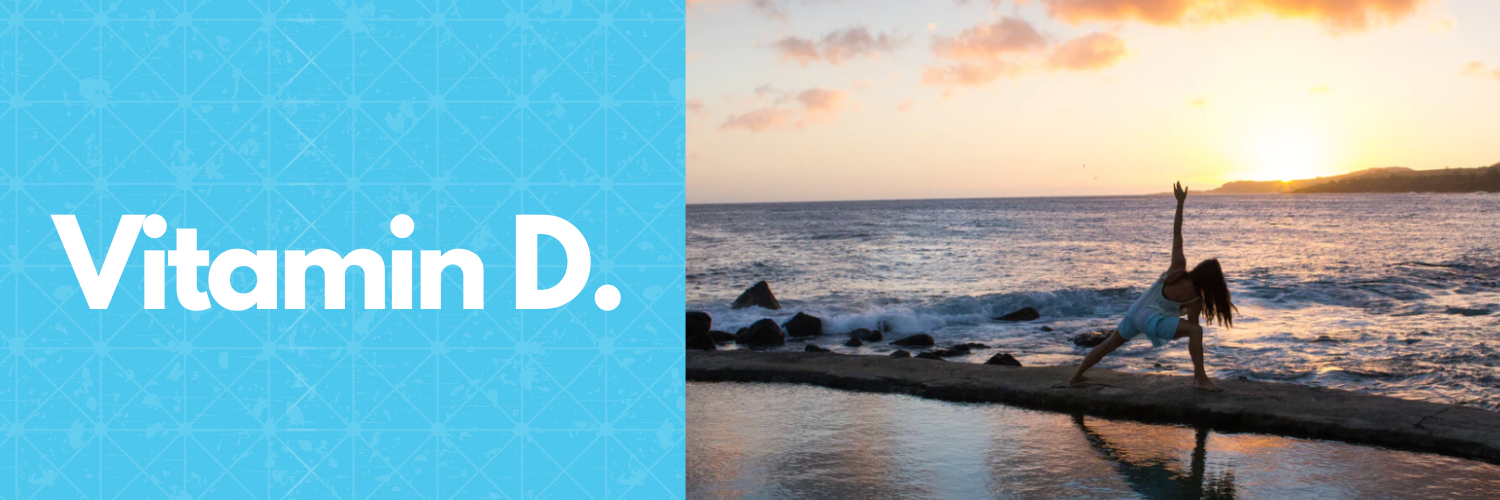
It is important to have a large area of the skin under the suns rays. You only need your skin at maximum to be a light pink colour from the sun, any more than this, your body stops producing Vitamin D. Sunburn is a clear sign you have stopped creating Vitamin D and only started damaging your skin.
If you lack sun time, you can get it in supplement form. Usually in little gel type capsules derived from sheep’s wool, more on this below. For Vitamin D deficiency you may just need more time under the morning sun.
The difference is in the processing and then how its absorbed and also where it comes from. The most commonly and more appropriate is Vitamin D from sheep’s wool. You only need one capsule per day, but best to get tested and see your doctor for the correct requirement for you.
What Are The Types of Vitamin D?
Supplement Vitamin D comes in 2 forms:
- Ergocalciferol (vitamin D2)
- Cholecalciferol (vitamin D3)
Now it makes sense when taking it in supplement form to have the same type of Vitamin D your body makes through sunlight exposure. This is Cholecalciferol (vitamin D3). Getting your Vitamin D levels tested is important and even more so if you’re taking it in supplement form.
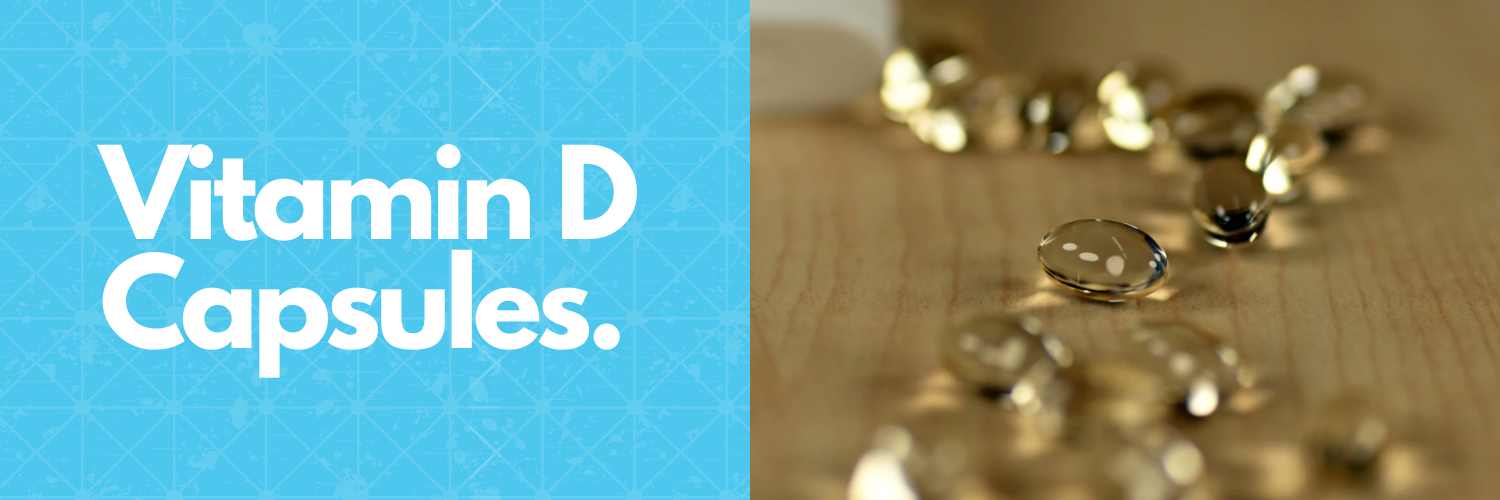
Although it is best to get it from the sun as your body will self regulate it.
People who may not get enough sunlight are office workers or anyone spending all work days under a roof. Even construction and mine site employees or anyone out in the sun but wearing long sleeved uniforms and being sun smart. Just another reason to get your levels tested.
Many people think just because they are out in the sun, they must have good levels of Vitamin D, but if the skin doesn't get any short time exposure, Vitamin D won't be produced.
Important to get outside in the mornings and/or lunch break and get some sun. Because guess what, it’s cheaper than buying a supplement because, well...the sun is always there and you have a very amazing panel called your skin.
Vitamin D foods.
Food high in Vitamin D are fish, egg yolks and cod liver oil. Salmon (best is wild caught), sardines (also a rich source of calcium), herring and tuna.
Always best to get clean whole food sources, wild caught when it comes to fish and grass fed and wild when it comes to red meat.
How much Vitamin D do you need?
Another reason it's better to get out under the sun. Your body will produce the right amount (your body self regulates). Eating good clean sources of protein is great and combined with exposing your skin to the sun 15 minutes a day, you should be all ok for Vitamin D levels. But, speak with your doctor, get your blood test results and work with the doc to ensure your levels are normal.
How Can Vitamin D Improve Mental Health?
Vitamin D promotes bone health and the increased absorption of magnesium, phosphate and calcium. Influencing more than 3,000 genes in your body, lacking this Vitamin only creates a cascade of other issues because so many functions in the body rely on Vitamin D.
When you’re chasing Vitamin D, by default you’ll end up sending those rays of sunshine into your brain. Into my brain you say?
Yes. You have an important gland inside your brain that needs sunshine which has a lot to do with your circadian rhythm (sleep/wake cycle). This little pinecone shaped gland releases serotonin and melatonin in your brain. Welcome to your Pineal Gland!
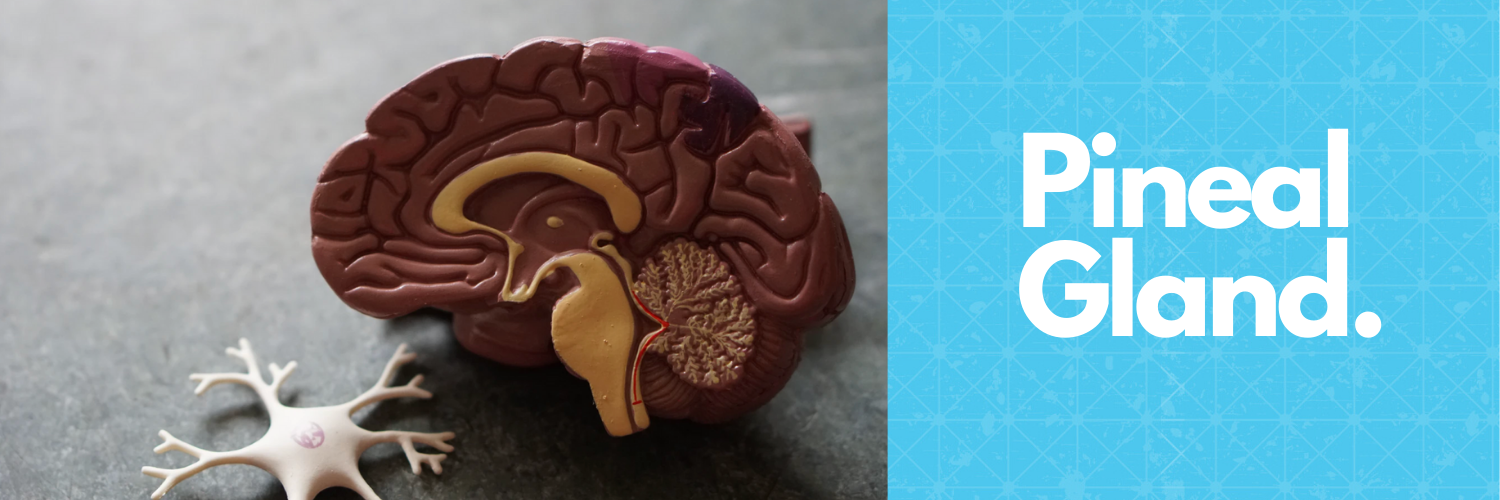
In regards to your sleep/wake cycles, Melatonin puts you to sleep and Serotonin wakes you up. The pineal gland is covered in retinal tissue (the same tissue as your eyes) and is connected to both your eyes and brain which senses if light is coming in or not.
Once the pineal gland receives those rays of sunshine it begins releasing serotonin and starts the creation of melatonin. When light is gone, the serotonin drops off and the melatonin created during the day is released to help put you to sleep at the end of the day.
Note: Don’t wear sunglasses in the morning, you want the sun to wake you up and send that sunshine into your eyes to stimulate the pineal gland.
Here's a short morning routine to inspire you to get out in the morning under the sun ☀️
The sun on your body and in your eyes is important for the production and release of serotonin and melatonin. If you’re having trouble with sleep quality and/or your mood and mental health, try and chase the Vitamin D!
Eat, Think & Live Clean.
Kind Regards
Adam Phillips – Founder of Life Grip
about us
Our focus goes into the products we pro- duce in order to increase your quality of life. While other companies are focused on glamour, fashion and fitness models, we’ll still be here creating the cleanest supplements on the market.
A brand built on quality, virtue, convenience and a minimalistic focus to retain mother na- tures perfect formula, for us all to reap the benefits. At Life Grip we Eat, Think & Live Clean.
get updated
stay updated & subscribe to our newsletter
recent posts
like us on facebook
